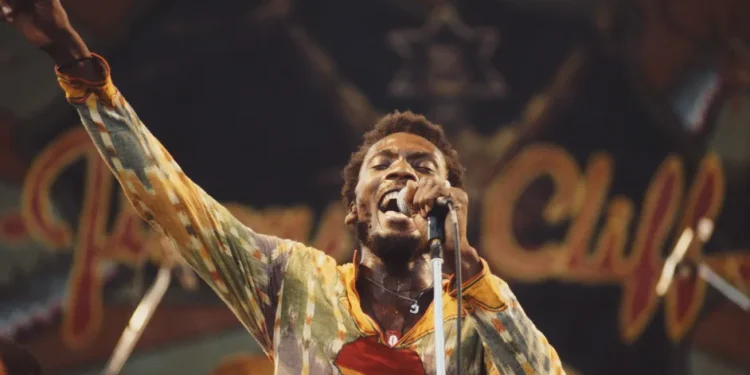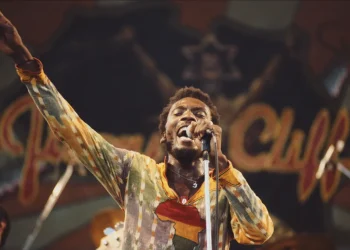Jimmy Cliff, a onetime choirboy who emerged from the rough quarters of Kingston, Jamaica, riding a rebel spirit and a fierce sense of social justice to help make the supple, bobbing sounds of reggae a global phenomenon with songs like “You Can Get It If You Really Want” and “The Harder They Come,” has died. He was 81.
His wife, Latifa Chambers, said he died on November 24 after suffering a seizure followed by pneumonia.
Born James Chambers on July 30, 1944, in St James Parish, Jamaica, Cliff moved to Kingston as a teenager and began hustling his way into studios just as ska and rocksteady were taking shape. He was discovered by producer Leslie Kong after performing outside Kong’s ice cream shop, launching a recording career that would span six decades and help carry Jamaican music far beyond the island’s shores.
Early hits such as “Many Rivers to Cross,” “Vietnam,” and “You Can Get It If You Really Want” showcased a piercing tenor and a songwriter unafraid to mix uplift with protest. Bob Dylan once called “Vietnam” the best protest song he had heard.
Cliff’s international breakthrough came with the 1972 film The Harder They Come, in which he starred as Ivanhoe Martin, a country boy-turned-outlaw in Kingston’s music underworld. The movie’s soundtrack — including the title track and “Many Rivers to Cross” — became a landmark, introducing reggae to audiences in the US and Europe years before Bob Marley’s worldwide ascent.
Over the decades, Cliff refused to be boxed in, folding soul, pop and even rock influences into his sound. He scored a global hit with his 1993 cover of “I Can See Clearly Now” for the film Cool Runnings, and later collaborated with artists ranging from the Rolling Stones to Wyclef Jean.
His prolific output — more than 30 studio albums — earned him two Grammy Awards, for Cliff Hanger in 1986 and Rebirth in 2012. He was inducted into the Rock & Roll Hall of Fame in 2010 and awarded Jamaica’s Order of Merit, the country’s third-highest honour, for his contribution to the arts.
Though sometimes criticised at home for smoothing reggae’s rough edges to reach global audiences, Cliff defended his eclecticism as part of a broader mission to carry Jamaican stories to the world. His lyrics returned again and again to themes of struggle, dignity and endurance.
Jamaican Prime Minister Andrew Holness called Cliff’s passing the loss of “a giant,” saying his music “lifted people through hard times, inspired generations, and helped to shape the global respect that Jamaica enjoys today.”
Cliff is survived by his wife and children. His songs — from the weary hope of “Many Rivers to Cross” to the stubborn optimism of “You Can Get It If You Really Want” — remain an enduring soundtrack for those determined, as he once sang, to “try, try and try” again.






















